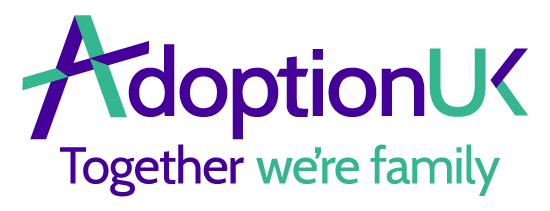Edited 17/02/2021
Proportional representation in parliament and local government
Chopsticks2
September 20, 2018 18:07
You may be aware of the campaign to introduce proportional representation into the Westminster Parliament and local government. Personally, as an adopter, this is something I would support, but I would like to know what others think. At present people can only take a complaint to the MP for their own constituency. This is no problem if your MP is interested and supportive of adoption issues but if not where do you go? A system of proportional representation could give people the chance to take their concerns to a number of different MPs. Hence, improving the chances of finding someone who will listen. Proportional representation would probably result in people from a greater variety of political parties being elected. This would increase the diversity of opinions heard and could decrease the power of those in control of the major parties. Personally, I think this would be good for democracy but I think it would also be good for minority groups such as foster carers and adopters. Those are my thoughts. As I have said, I am interested to know what others think.
pingu123
September 20, 2018 22:03
Yes, we have a partial PR system in Scotland for the "wee parliament" in Edinburgh. ( Actually we get two votes, one for the list SMP vote and one for the PR list SMP. It's much easier to get issues raised because of the mix of SMP's , and you tend to get more "ordinary" people getting involved in politics rather than just the big parties and career politicians. Here the interest from the public is also increased, partly due to PR and partly because young people can vote at 16. The Scottish referendum had the schools buzzing with debate and it awakened a more general interest in politics amongst them.
Edited 17/02/2021
Chopsticks2
September 21, 2018 11:15
Many thanks for this. It is good to know about the situation in Scotland. It is encouraging to read that it is easier to get issues raised because of the mix of SMPs. (I assume these are Members of the Scottish Parliament.) There are a lot of issues that I would like to raise including support for adoptive parents, the new Universal Credit and education provision for fostered and adopted children. The current system we have in Westminster tends to inhibit this with it's one-member only constituencies and rigid rules around only taking complaints to your own MP. Personally, I would like to see proportional representation at local level as well. (My local council is made up from members of only two parties.) PR would almost certainly change this. Getting proportional representation may seem like a long-term goal but personally I think it is worth the effort. As I said earlier I believe it would be good for democracy but also good for foster carers and adopters. You are probably aware of the group Make Votes Matter which campaigns for PR. https://www.makevotesmatter.org.uk/ I would like to know what others think.
Edited 17/02/2021
Haven
September 21, 2018 11:33
Interestingly, the AMS system used in the Scottish Parliament was designed by Westminster so that no party could have an overall majority - so the SNP majority in the previous session (or whatever it's called) was a fluke. In another world it would mean consensual politics - having to work together. However, it tends to be the UK parties against the SNP/Greens (ie anti versus pro independence) which I think gets in the way of traditional right versus left politics (or rights versus responsibilities, with Labour voting with the Tories for example). The other downside to it is that you get 'list' MPs who are paid a salary for years on end without ever having been the successful candidate where they have stood. I'm not sure what the best form of PR would be, but while this is better than first past the post, I'm not sure we have it (yet!). x
Edited 17/02/2021
safia
September 21, 2018 11:42
Here - London - we have similar for the London Assembly with proportional representation alongside constituency votes - not sure it makes any noticeable difference but itâs good to have a âfree voteâ you can express differently. Is the EU - MEPs - a proportional system? Iâm not sure because itâs all a bit vague - it may just be a large / different constituency but either way I donât know who the representative is or which party they are aligned to. Iâm sure itâs possible to find out but it would be good if it was clearer and might have influenced peoples decisions on the referendum
Edited 17/02/2021
Chopsticks2
September 21, 2018 12:30
Thanks. I think the example of the Greater London Assembly is interesting. As you say there are constituency members but also other members who are elected using proportional representation. This means that someone who wants to raise an issue does not just have one person to go to. (As is the case in the Westminster parliament.) Having more than one person to approach should be good for foster carers, adopters and other minority groups.
Edited 17/02/2021
Archived
This topic is archived. New posts are not allowed.

